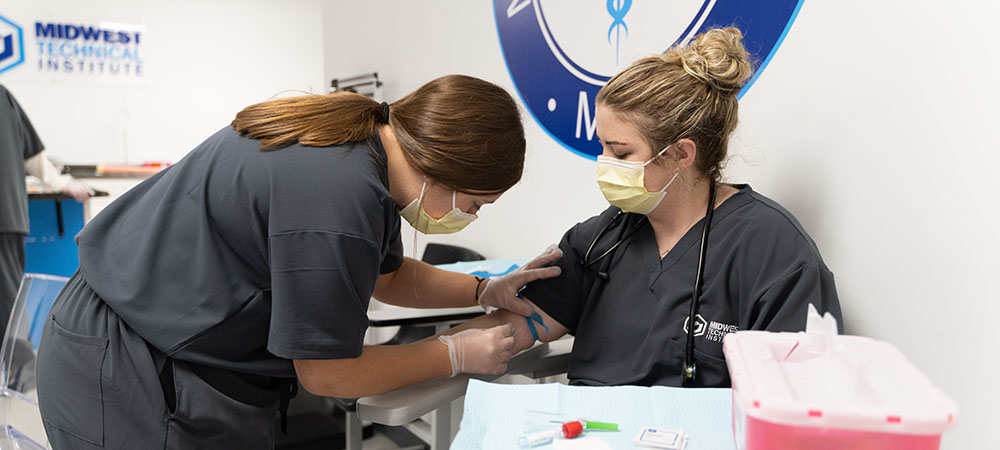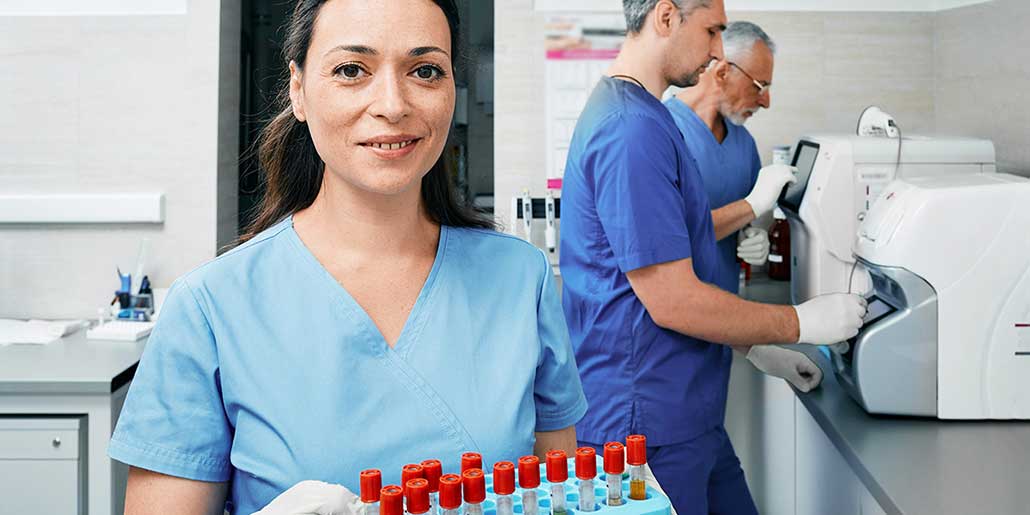Northeast Medical Institute CNA Training Stamford: Professional Instruction for Aspiring CNAs
Northeast Medical Institute CNA Training Stamford: Professional Instruction for Aspiring CNAs
Blog Article
Vital Aspects to Consider When Choosing the Many Ideal Medical School Educational Program for You
Picking the most suitable clinical college curriculum is a pivotal decision that can considerably influence your instructional journey and future career path. As striving clinical professionals, the option of curriculum ought to align with your personal learning style and profession desires.
Personal Knowing Style

Medical schools that provide diverse teaching methods and resources can suit various discovering styles, promoting a comprehensive and dynamic instructional atmosphere. Ultimately, recognizing individual knowing choices encourages trainees to make enlightened decisions concerning their medical education, establishing a strong foundation for their future careers in medical care.
Job Goals Placement

Moreover, aligning occupation purposes with the clinical school curriculum can also improve motivation and engagement throughout the academic trip. When students see the direct relevance of their coursework to their future occupation, they are a lot more likely to remain focused and specialized to their studies. For that reason, when selecting a medical school educational program, it is important to carefully take into consideration just how well it lines up with one's profession objectives to guarantee a successful and meeting professional course.
Teaching Methodologies
Considering the placement of profession objectives with the chosen medical college educational program, an assessment of the mentor methodologies employed ends up being important in shaping the learning experience. The performance of a medical institution educational program heavily depends on the training approaches utilized by the institution. Numerous mentor methods, such as talks, little group discussions, problem-based understanding, simulation-based training, and hands-on scientific experience, can substantially influence just how well trainees comprehend and retain details.
Lectures are a conventional however still typically utilized technique for supplying web content to a big team of trainees successfully. Tiny group discussions foster partnership, critical thinking, and interaction skills among students. Problem-based learning motivates active involvement, self-directed discovering, and analytic abilities. Simulation-based training enables students to exercise medical abilities in a controlled atmosphere prior to connecting with genuine people. Hands-on scientific experience supplies a firsthand understanding of patient care and medical techniques.
When selecting a clinical college curriculum, aspiring students need to think about the training methods employed to make sure that their understanding choices and strengths line up with the academic technique of the organization.
Curriculum Flexibility
When evaluating clinical college programs, examining the extent of educational program versatility is crucial for possible students looking for a customized educational experience. Educational program adaptability refers to the level to which pupils can individualize their understanding courses within the clinical institution educational program. A curriculum that provides flexibility allows trainees to pursue their passions, focus on locations where they need much more assistance, and participate in finding out experiences that line up with their career objectives.

Potential medical trainees need to take into consideration exactly how a clinical institution's curriculum flexibility straightens with their learning choices, job goals, and individual goals. By picking a program that uses the best equilibrium of structure and versatility, students can maximize their educational experience and prepare themselves for computer science cambridge successful occupations in medicine.
Medical Exposure Opportunities
Exploring the practical application of clinical understanding, clinical direct exposure possibilities play an essential function fit a comprehensive medical education and learning. These opportunities give students with important hands-on experience in genuine medical care Learn More setups, permitting them to link the gap in between concept and technique. When taking into consideration medical college curricula, the high quality and amount of medical exposure need to be meticulously evaluated.
Effective clinical direct exposure must supply a diverse series of experiences throughout numerous specializeds, making sure that students are exposed to different clinical situations and person demographics. Direct exposure to outpatient clinics, inpatient wards, medical cinemas, and emergency situation departments can aid students create a well-shaped understanding of various facets of medical care shipment. In addition, possibilities for community-based treatment and communications with underserved populations can cultivate a deeper admiration for the social determinants of wellness.
Additionally, the presence of encouraging faculty and mentors throughout these clinical experiences can significantly improve the discovering process. Faculty guidance and positive responses can help students review their medical experiences, recognize areas for improvement, and boost their medical skills and decision-making abilities (Northeast Medical Institute CNA Classes Near me Stamford). On the whole, durable medical exposure chances are important for preparing future doctors to deliver high quality person care successfully
Verdict
Finally, when choosing a medical institution curriculum, it is necessary to consider your personal understanding design, alignment with profession objectives, showing approaches, curriculum versatility, and medical direct exposure opportunities. These variables play a vital role in figuring out the most ideal program for your expert and educational development. Make sure to extensively evaluate each facet to make an informed decision that will certainly read here best sustain your growth in the medical field.
Recognizing one's individual understanding design is critical when picking a medical school curriculum. By recognizing one's learning style early on, striving medical pupils can strategically select an educational program that provides to their toughness, eventually boosting their discovering experience and academic success.
When examining medical school programs, evaluating the extent of curriculum versatility is important for prospective students seeking a tailored instructional experience. Educational program adaptability refers to the level to which students can customize their learning courses within the clinical school curriculum.In conclusion, when selecting a medical school curriculum, it is vital to consider your individual learning design, placement with career objectives, educating techniques, educational program adaptability, and professional direct exposure chances.
Report this page